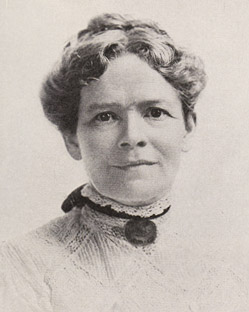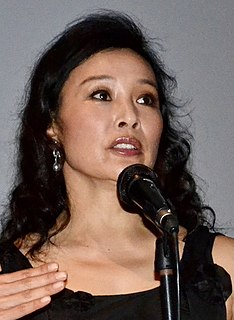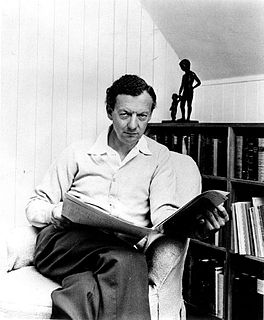A Quote by Eckhart Tolle
The first recognition of beauty was one of the most significant events in the evolution of human conciousness... seeing beauty in a flower could awaken humans, however briefly, to the beauty that is an essential part of their own innermost being, their true nature.
Related Quotes
It was the upward-reaching and fathomlessly hungering, heart-breaking love for the beauty of the world at its most beautiful, and, beyond that, for that beauty east of the sun and west of the moon which is past the reach of all but our most desperate desiring and is finally the beauty of Beauty itself, of Being itself and what lies at the heart of Being.
Beauty captivates the flesh in order to obtain permission to pass right through to the soul. . . . When the feeling for beauty happens to be associated with the sight of some human being, the transference of love is made possible, at any rate in an illusory manner. But it is all the beauty of the world, it is universal beauty, for which we yearn.
Though beauty is, with the most apt similitude, I had almost said with the most literal truth, called a flower that fades and dies almost in the very moment of its maturity; yet there is, methinks, a kind of beauty which lives even to old age; a beauty that is not in the features, but, if I may be allowed the expression, shines through them. As it is not merely corporeal it is not the object of mere sense, nor is it to be discovered but by persons of true taste and refined sentiment.
The beauty in the story is at one with suffering. That is also part of our upbringing - we don't think there could be beauty
otherwise. Beauty is the result of having been through an experience all the way through to the end - therefore it has a poignancy. Beauty that is
singular always comes from following an experience to the point where you can go no further.
When you look upon another human being and feel great love toward them, or when you contemplate beauty in nature and something within you responds deeply to it, close your eyes for a moment and feel the essence of that love or that beauty within you, inseparable from who you are, your true nature. The outer form is a temporary reflection of what you are within, in your essence. That is why love and beauty can never leave you, although all outer forms will.

































